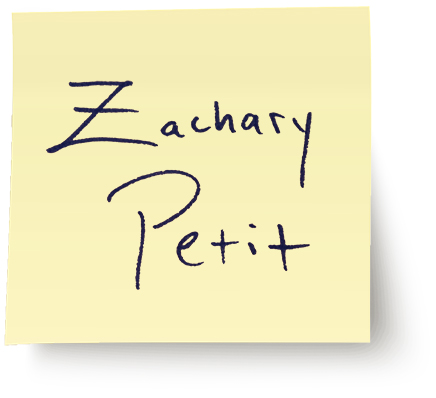A friend and I got into one of those long, zealous writing debates the other night, the bantering and animated kind that causes your nonwriter friends to abandon the table in search of fresh drinks (and perhaps fresh companionship).
The sun was sagging over the Ohio hills, and on and on we went—you should write chronologically, you shouldn’t write chronologically; you should use first person, you shouldn’t use first person; you should write in this genre, but not that one; you should write with a cat and a cup of tea, you should write with a dog and a pint of Guinness.
Our glasses nearly empty, I thought of something I’d selected for this very issue earlier that day—a quote from Doris Lessing, one I’d slipped into the feature package, a tad tongue in cheek:
“There are no laws for the novel. There never have been, nor can there ever be.”
We thought this over. And then, for once, we agreed: There really is no concrete way to write. None. You listen, absorb and find what uniquely works for you, and then you go with it.
With that in mind, this year’s annual novel issue offers a plethora of strategies—some familiar, some a tad outside the box—that have worked for writers of all breeds, and that just might work for you, too, from outlining to utilizing powerful elements from other genres. We’ve also included a feature of quotable novel advice, culled from our nine decades of archives—those tips that have stood the test of time, and never seem to go out of style. And our WD Interview series spotlights Diana Gabaldon—a brilliant novelist who, in many ways, contrasts much of what is taught in writing classes about structure, outlining and the works. Yet she somehow makes it all work, and continues to put out bestselling books people adore, practicing her craft the only way she knows how.
Back at that pub, my friend and I eventually snapped out of our writing trance, and got up to depart.
We went to find our other companions. They were nowhere to be seen.
In fact, nobody was. The place had all but shut down. The bartender was tossing us sidelong glances.
We laughed. That’s the thing about this strange thing writers do. No matter how you do it, cats and cups of tea or pups and pints, when you find another writer who loves the craft as much as you do, the whole world just disappears.
And that’s the magic and beauty of writing. Especially novel writing.
Sometimes it seems like the only thing in the world.





